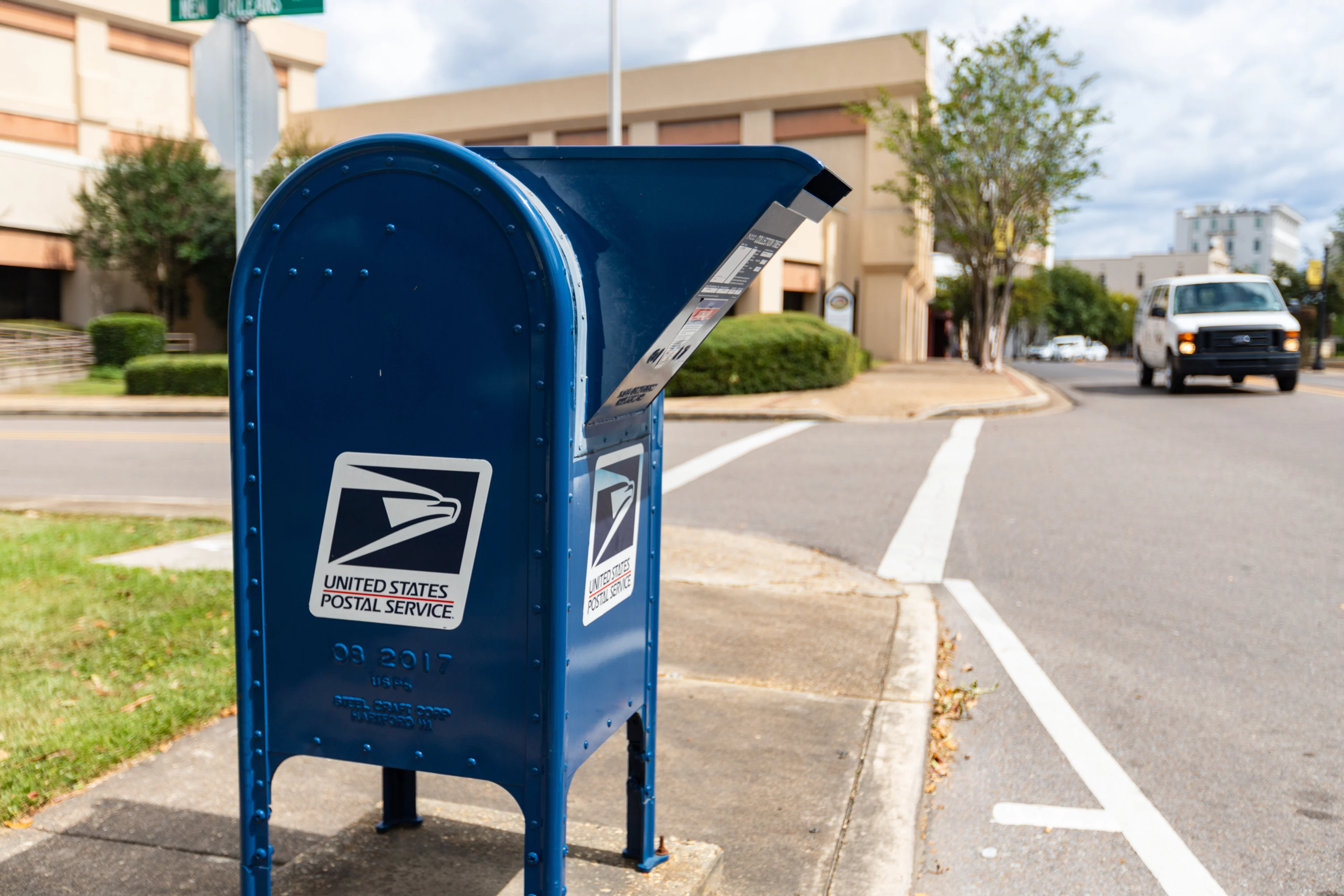
24 Michigan Cities That Make You Pay Income Tax
Which Michigan cities make you pay income tax?
As of Jan. 1, 2019, 24 cities in Michigan impose an income tax requirement on businesses, trusts, and individuals.
- Albion
- Battle Creek
- Benton Harbor
- Big Rapids
- Detroit
- East Lansing
- Flint
- Grand Rapids
- Grayling
- Hamtramck
- Highland Park
- Hudson
- Ionia
- Jackson
- Lansing
- Lapeer
- Muskegon
- Muskegon Heights
- Pontiac
- Port Huron
- Portland
- Saginaw
- Springfield
- Walker
An overview of each city's income tax rates for residents and nonresidents is available on the City of Grand Rapids' website. All of these cities adopted the Uniform City Income Tax Ordinance, which allows them to impose an excise tax that's measured by the city's net income. If you're an enterprise doing something in the city's limits for gain or benefit, you're effectively doing business in the city.
How do cities find businesses that aren't paying their income tax?
Cities often target service providers that require a presence in the city for noncompliance searches. Contractors are usually a target due to their high visibility and strict licensing requirements. City income tax departments can use a variety of methods to find non-filing businesses and individuals. They might compare city building, licensing, and commission permits that they issued to the business against the business' tax returns filed with the city. They'll also look at registrations for individuals' income tax payroll withholding. If you go to the city to pull a permit, they may share the information with their income tax department. After you pull a permit, don't be surprised if the city notifies you that you're required to register and pay city income taxes. And, you're required to register payroll withholding for any of your employees that perform work in the city. Cities may also visit construction and worksites to see which contractors are working on jobs within their city limits.
What happens if I'm not paying the city's income tax?
If the city finds you haven't registered or filed city income tax returns, or withheld payroll, the city could require 10 years of past income tax returns and payroll filings, including the tax, penalty, and interest associated with each. Once the city identifies that you have a taxable presence, they rarely negotiate on the lookback period or the liability.
How do I know if I have to follow a city's income tax requirement?
If you work in any of the cities above, there's a good chance you need to comply with their city income tax requirement. If you're still unsure, ask a tax professional to perform a nexus study. A nexus study will confirm where you have tax filing requirements. You can have a nexus study done for Michigan or other states where you provide services or do business. If you do have a filing requirement with a city and proactively address it, the city may relieve all the penalties for past tax years. In some cases, you may receive a reduced filing requirement for previous years too.
What you need to know about Michigan city income taxes
- S corporations are taxed as C corporations.
- Pass-through entities DO have city income tax requirements if they have a connection to any of the 24 cities.
- For most cities, residents and businesses pay a 1% tax rate. Nonresidents who work in the city pay a .5% tax rate. Detroit, Grand Rapids, Highland Park, and Saginaw have higher income tax rates.
Have questions about your city income tax requirements? Think you may need a nexus study? Let's talk!



